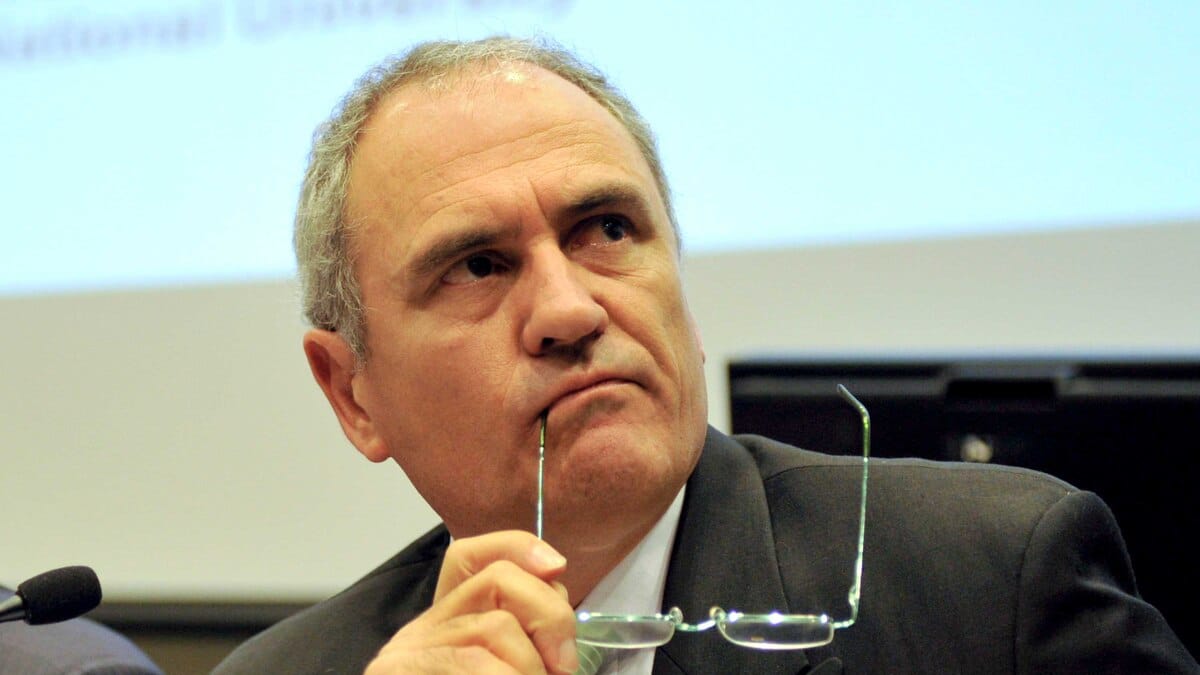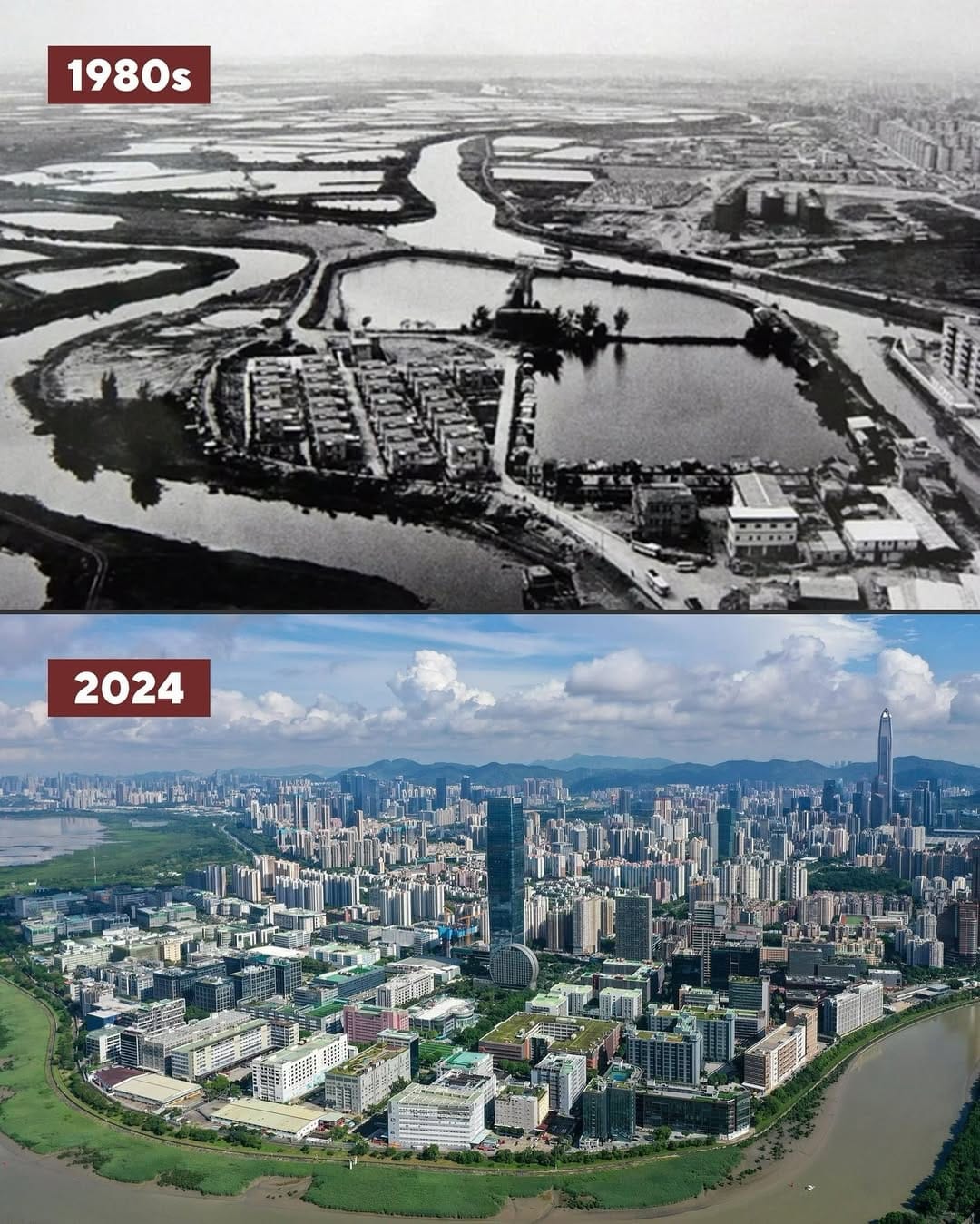How big should Australia's cities be?
Ken Henry's answer to that question actually explains a lot.

When someone asks you how many people should live in a country, how big a city should be, or how many cities a country should have, there are two ways to respond.
The first is to gather the empirical evidence, apply a theoretical framework through which to evaluate it, and produce some measurable trade-offs—basically, do some kind of cost benefit analysis to try and estimate the point at which the marginal social cost of more people might equal the marginal benefit, within the context of the specific country or city.
The second is to make a value judgement, which is what we now know former Treasury Secretary Ken Henry did at least twice during his long career in Australia's public service:
" I remember I had a conversation with Kevin Rudd shortly after he became Prime Minister in November, 2007. He said, just out of the blue, 'What do you think the sustainable population of Australia is?' At the time, the Australian population was probably about 22, 23 million. And I said, 'I don't know, about 15 million.' And he said, he said '50 million. Right. That's what I think too.' And I said, 'No, no, no, no, no. 15. One five, not five zero.'
...
The population in Sydney last year and in Melbourne, both cities, increased by 150,000. Like holy hell. I think the optimal city size, if you read the literature on this stuff, at least that written by economists, the optimal city size is somewhere around about 150,000. There's two cities, brand new cities we could have built in 12 months."
Pardon my French, but Henry is full of it. Let's start with Australia's population.
Henry's claim that Australia's sustainable population is 15 million was a baseless assertion. No data or model supports that figure, and it ignores the benefits—economic (e.g. incomes), cultural (e.g. food), and strategic (e.g. defence)—of a larger Australia.
Australia is still one of the least dense countries in the world and we have a huge amount of space, even in our largest cities. For example, Sydney has an urban area density of 441 people per square km, which is well outside the world's top 50—you'd need an urban area density of 2,000 people per square km, or an increase of more than 350% in Sydney's population density, to even crack that list.
So for Henry to suggest not only that Australia is 'full' but that we actually filled up back in 1982 is, quite simply, preposterous!
As for optimal city sizes being 150,000 I'm not aware of any evidence that suggests that figure, or anything close to it, because the optimal size depends on a multitude of factors. The urban economics literature generally avoids discussing optimal city sizes because the answer is highly context dependent, i.e. it matters how the specific city deals with externalities like congestion, how well it can build infrastructure and allow houses and amenities to be constructed, how close it is other other cities, its geography, how well it diffuses technology—it's a dynamic, moving target.
But there is evidence that the world's largest and most productive cities, like Sydney and Melbourne, are too small, mostly because local governments have an incentive to actively try to keep people out (within-city costs are not the same as whole-country costs).
Basically, it's complicated; there are different equilibrium sizes for every city without a universal optimum. But the fact that cities like Sydney and Melbourne are consistently rated as highly desirable places to live and have "higher per capita GDP, higher productivity and faster growth rates than their national average", is surely prima facie evidence that the benefits of scale have so far exceeded the costs.
As for the suggestion that we could just keep rolling out new cities to absorb 150,000 people every year, it's economically naive—new cities require decades to become established (i.e. productive) and take billions of dollars in new infrastructure. Even China's Shenzhen, which became a special economic zone in 1980 and saw massive state‑led investment, didn't start adding more than 150,000 people annually until over a decade later—and it started out with a population of more than 300,000.

Moreover, forcing people to move to these new start-up cities would deprive our most productive cities and the people who want to live there the opportunity of improving their productivity, making everyone worse off.
But Henry appears to dismiss all the evidence against his assertions. In the full interview, Henry even says he disagrees with pre-eminent urban economists like Harvard's Ed Glaeser, preferring to instead shape Australia on his value preferences alone:
"I get the argument, of course, but I do think those benefits [productivity, environmental, and consumption benefits of larger cities] are overstated. And of course there are positive network externalities from having people in close proximity to one another. But the congestion externalities, I think, have been really undervalued. And I think that there is a risk in abstracting from the components of wellbeing that are not driven purely by GDP per capita. And I know there have been attempts to build some of this stuff into thinking about the optimal density of population centres, but I reckon we should err rather more on the side of more or enhanced wellbeing coming from less density. I do think that provided the infrastructure's there, that's a big thing, and that includes schools and hospitals and all that kind of stuff.
And in any event, you know, against that view is an enormous amount of literature that does come up with this number of around about 100,000 to 150,000, maybe 200,000, as being the optimal size of a city. And there are reasons for that view, and I think they're pretty well based."
Congestion externalities can be alleviated with policy—we choose to have congested cities. And while GDP per capita isn't perfect, it correlates extremely well with most of the things we value as a society.
This is all deeply disturbing commentary from Henry given that he spent more than a decade as the chief economic advisor to Australia's politicians. How many other times did he inject his value judgements in place of evidence when advising John Howard, Kevin Rudd, and Julia Gillard?
It might be pure coincidence, but Henry's tenure as Treasury Secretary just so happened to coincide with the period Kathy MacDermott pinpointed as when the "structural and cultural change compromising the integrity of the public service reached its apogee".
Again, perhaps it's just a coincidence. But the more Ken Henry reveals about his time in government, the more he gives the impression that the advice he gave depended more on vibes and his personal preferences than the objective facts. Having someone like that at the top of the Canberra hierarchy for more than a decade is bound to have affected the culture (a fish rots from the head and all that).
Good economic policy making requires looking at the evidence and weighing up the costs and benefits to the best of one's ability. Value judgements must be left at the door. I can only hope that the people advising our politicians today are better economists and have more integrity than what Ken Henry implied he had during his tenure.
Have a great day.





